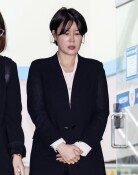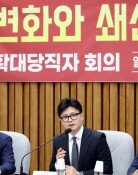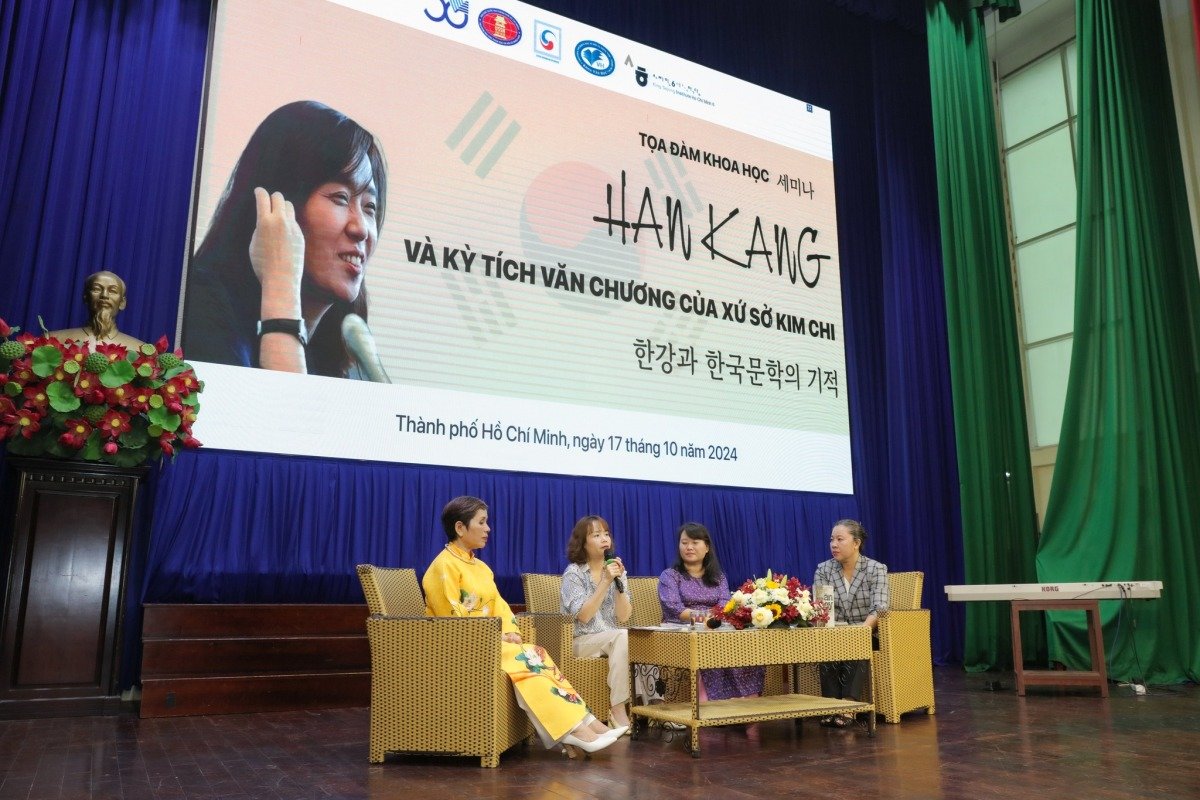Expert Comments

Note: As a follow up to the previous article, this article will focus on a comparison among the English-language sites on Donga.com, Digital Chosun, and Joins.com (JoongAng Ilbo) in terms of content, language, and design.
OVERALL EVALUATION
1. Introduction: Target Readership
The establishment of trilingual and multilingual sites on news sites operated by major Korean daily papers raises an interesting question: Who exactly is the target readership for news in foreign languages? The target readership varies greatly among the three languages because sources of information on Korea are different. This article will focus on the target readership for the English sites of Donga.com, Digital Chosun, and Joins.com. The evaluation and comparison content, language, and design of the three sites will unfold from this discussion.
To date, no site English-language news Website has conducted an extensive survey of its online readership. For established papers, such as The Korea Herald and The Korea Times, many online readers may also be current and former readers of the print editions of these publications. Until the rise of the Web as a major source of information in the late 1990s, most foreigners in Korea got their news from one of the two English-language dailies or from AFKN. Even those who are fluent in Korean would often read one of the English papers. Imported English-language papers, such as The Herald Tribune, were available in hotels, but these papers were (and still are) expensive and a few days behind the news. Thus, for years, the only inexpensive and readily available print media in Korea were The Korea Herald and The Korea Times. Some foreigners would complain about the lack of "international" news and the quality of English, but these complaints rarely caused them to stop reading the papers.
During the same period, Korean learners of English relied on the same English-language media as foreign residents: the two English papers and AFKN. Time, Newsweek, and Reader's Digest have long had good distribution in Korea, but the first two publications were expensive for students. A survey of successful English learners who are now above the age of 30 would no doubt show that most of them relied heavily on three tools: dictionaries, AFKN, and English-language newspapers.
The rise of the Internet in the late 1990s and the globalization of Korean journalism have expanded the choices of foreign residents and learners of English infinitely. With expanding choices, however, comes weakening loyalty, which will in time, I believe, force news sites to reach out to a more targeted readership. Sites that attract a sufficiently large, yet loyal readership will do well, whereas those that try to satisfy all readers may end up satisfying none. What type of audience is each of the three sites trying to attract? In this competitive atmosphere, what should Donga.com do to create a loyal and satisfied readership?
2. Content
In terms of content, all three sites are dependent almost exclusively on their parent Korean-language papers, so the content of the sites carries the perspective of the parent paper with it. This affects not only the editorials, but also the point of view of most articles. Though labels, such as "liberal" and "conservative" are difficult to apply to Korean newspapers, there are differences that make their way into the contents of English sites. Articles in the Digital Chosun reflect the establishment conservatism of The Chosun Ilbo; articles in Joins.com reflect the popular commercialism of The JoongAng Ilbo; and articles in Donga.com reflect the critical objectivity of The Dong-a Ilbo. Some of the interesting articles on social issues in English Donga.com that I have referred to in previous articles are evidence of this trend.
The problem with all three English sites, however, is that these distinct "colors" do not appear in the sites as much as they should. If they did, the sites would be able to attract a more targeted readership. This would help English Donga.com the most because foreigners who want to read beyond the headlines still have relatively few options. For all their name recognition and years of experience, the established English-language papers do not have the depth of connections needed to unearth news; they report what Korean papers report. They do not have a regional or international network of reporters. The Donga-a Ilbo, by contrast, brings a rare combination of resources and objectivity to the news that can greatly enrich English Donga.com.
If English Donga.com focused on "news that goes beyond headlines," it would attract a large and loyal readership from among the many foreign professionals who live in Korea or have connections to it. It would also attract a loyal readership from serious learners of English and Koreans who interact with foreign professionals. Of course, many readers use a number of Websites, so foreigners who want information about menu changes at five-star hotels, would use other sites, but many want serious news about Korea that is hard to get elsewhere. English Donga.com should be the first source for serious news about Korea and Korean views of the world in English.
3. Language
In the previous article, I noted that the quality of English in Donga.com is lower than the other two sites mentioned in this comparison, but how does this affect the creation of a loyal readership? As mentioned above, most foreigners were willing to overlook minor errors and awkward expressions when sources of news in English were limited. I suspect that most foreigners are willing to overlook surface-level linguistic errors provided that they are satisfied with the quality of the article. Though not in an inverse relationship, the more interesting an article is, the less glaring minor linguistic errors are. For the most part, the linguistic errors in all three sites are minor, so the question of rating the three sites from the point of view of native speakers is mainly one of content and interest.
For Korean learners of English, however, the situation may be the reverse. Korean learners are sensitive to any errors in English and quickly lose faith in people and publications in positions of authority that make mistakes. Most applied linguists will say that such concern for accuracy is unnecessary in acquiring a second language, but the tradition of literal textual interpretation is very strong in Korea. Errors mar the text, thus debasing its authority. For Donga.com, this means that the current level of linguistic errors is tolerable for most foreign readers, but not for most Korean readers. To attract Korean readers from other sites, every effort should be made to improve the quality of English. If a hard choice has to be made between expanding the content and improving the level of English, expanding the content of the site is more effective use of resources because it will help English Donga.com take the lead in the market for serious news.
4. Design
Good website design is perhaps more universal that the two issues discussed above. Aside from language, it is difficult to discern major national or cultural styles of website design. This means that foreign and Korean readers probably look at the three sites from a similar point of view. I have discussed a number of problems in the design of Donga.com in previous articles, but I have yet to mention the issue of personalization.
Currently none of the three major English news websites in Korea offers any sort of personalization. I define "personalization" broadly to include everything from the choice of having news sent regularly by e-mail to "My-Yahoo!-style" personalization. English Digital Chosun has the "AsiaEbizclub" e-mail list, but no other site has a list that delivers news by e-mail. An e-mail list with links to articles on the website will help bring busy readers to the site. To work, the list must be concise and easy to read. The e-mail lists offered on The Financial Times site are excellent models.
Another personalization issue is mobile delivery of news. Here again, English Digital Chosun is ahead of Donga.com and Joins.com. Digital Chosun offers iMode service that allows readers in Japan to read the Japanese and English sites. The site is linked to the main list of topics that appear on any iMode-capable telephone. Mobile, wireless, and instant Internet access will spread rapidly in the next few years as broadband mobile phones and related devices hit the market. Donga.com should prepare for this change by examining which forms of mobile news delivery reach the target readership most effectively.
Headline News
- Presidential Office signals possible offensive weapons aid to Ukraine
- N. Korea reportedly prepares military balloon attack with Russia
- Medical associations join bipartisan talks on expanding medical school quotas
- Former world No. 1 Ko Jin-young returns to LPGA
- Kakao unveils AI service ‘Kanana’ at 'if Kakao AI 2024'







